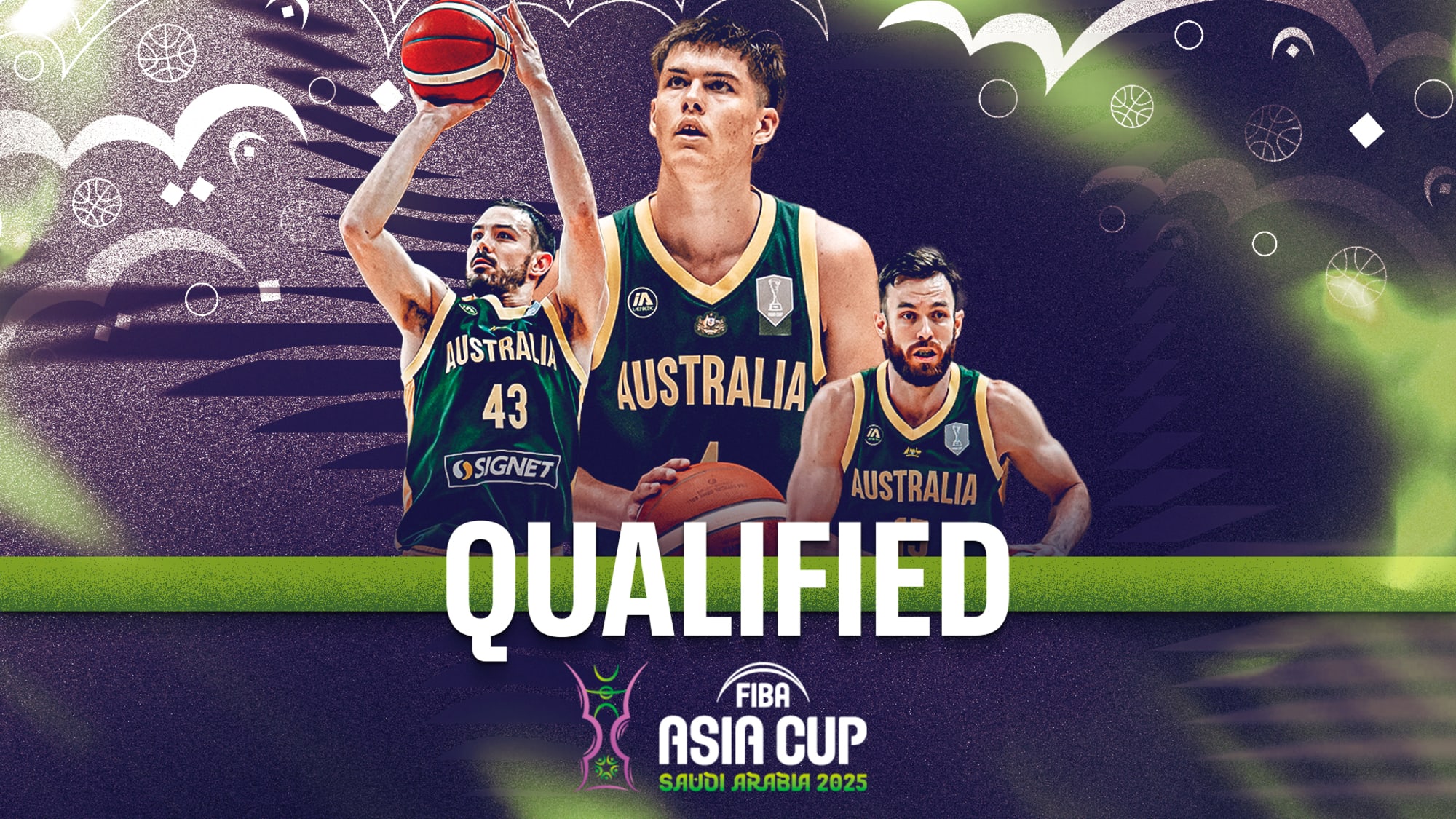‘You guys are bums’: Coach’s post-match explosion that inspired Boomers to Olympic bronze

- by Admin
- July 26, 2024

Goorjian is paraphrasing here, omitting the f-bombs mostly, but you get the gist.
Until that point, the Olympics had haunted the national men’s basketball team for decades.
It took 32 years after they made their Olympic debut at Melbourne in 1956 to just reach a medal match, losing to the USA in Seoul in 1988. The Boomers played for the bronze at Atlanta in 1996, Sydney in 2000 and Rio in 2016 but lost each time.
To shift their mindset and finally medal, the veteran coach – who took on the job four months before the Games – knew he had to change tack.
“It was one of my best performances in the locker-room of my coaching career,” he says proudly.
Goorjian’s words hit the mark. In the bronze medal match against Slovenia, the Boomers triumphed 107-93 with Patty Mills scoring 42 points.
“I said to my wife on the morning of the game, I don’t have any clue where I’m going to go if we lose this,” he says. “We had this strong culture that everyone talked about. Our team was special within the village. This was a real special group, and this was their time.”
Goorjian’s time never seems to end.
Now 70 – but looking much younger – he is the enduring heartbeat of Australian basketball, even if he has spent years pinging around the world, always returning to his adopted country to coach and promote the sport.
Loading
“I’ve been constantly energised by being in different environments,” he says. “When I don’t have that, it’s time to call it. I know I can physically handle it.
“This is my last Olympics, then I’m coming into the Sydney Kings. I’ve been two years in the NBL in the last 15. I’m really energised and excited about this challenge with the Boomers. I’ve really got a buzz about our game.
“When I first came to Australia, it hit me, man: cricket, Australian rules football, rugby, swimming. We’re a third-tier sport. In America, basketball is the sport.
“I feel like we’re now back on the radar. The way the world is now, it’s being played all over the world … Nobody can hold you back.”
The Californian arrived in Australia in 1977 to play for the Melbourne Tigers under the legendary Lindsay Gaze, who became his greatest coaching influence along with his father, Ed.
“Everybody touched the ball, you moved, everybody had to make reads on where the ball was,” Goorjian reflects. “That was Lindsay. I’d been in a college system where you gave the ball to the superstar, and you protected the other basket.
“In terms of personality, we’re opposites. But Lindsay had an influence on me on the offensive end of the floor. Lindsay, on a world stage, is recognised as one of the great coaches [offence].”
Just as Goorjian had to develop his own style of coaching, this Boomers side has developed its own style, although he sees similarities between the current crop of players and legendary figures of the past.
“The style of game we have here is right before our eyes,” he says. “You look back at [Mark] Bradtke, [Luke] Longely, [Andrew] Gaze, [Shane] Heal … We have a similar look: tough, physical, we have that with a blend of length, athleticism.”
Loading
After finishing 10th at last year’s World Cup, Goorjian made it clear that what happened in Tokyo in 2021 would count for little when he selected his squad for Paris.
Apart from the non-selection of Matisse Thybulle, there weren’t too many surprises with his squad, although the younger generation — particularly Josh Giddey — can expect the most minutes.
The Boomers start their campaign on Saturday night (AEST) against Spain in the so-called group of death that also includes Greece and Canada.
Can this group repeat, or improve, on what they achieved in Tokyo?
“Without a doubt,” Goorjian says. “The last group had a 12-year build. That was our peak. But we can do the same again.”
The Latest News
-
November 28, 2024Green couldn’t hold his spot. Now Australia’s desperate for him
-
November 28, 2024We uncovered 57 online clothing shops trying to scam Australians. And they’re just the tip of the iceberg
-
November 28, 2024Australia passes legislation banning under-16s from social media
-
November 28, 2024A social media ban in Australia for children under 16 will be first in the world
-
November 28, 2024Children under 16 to be banned from social media after Australian Senate passes world-first laws





